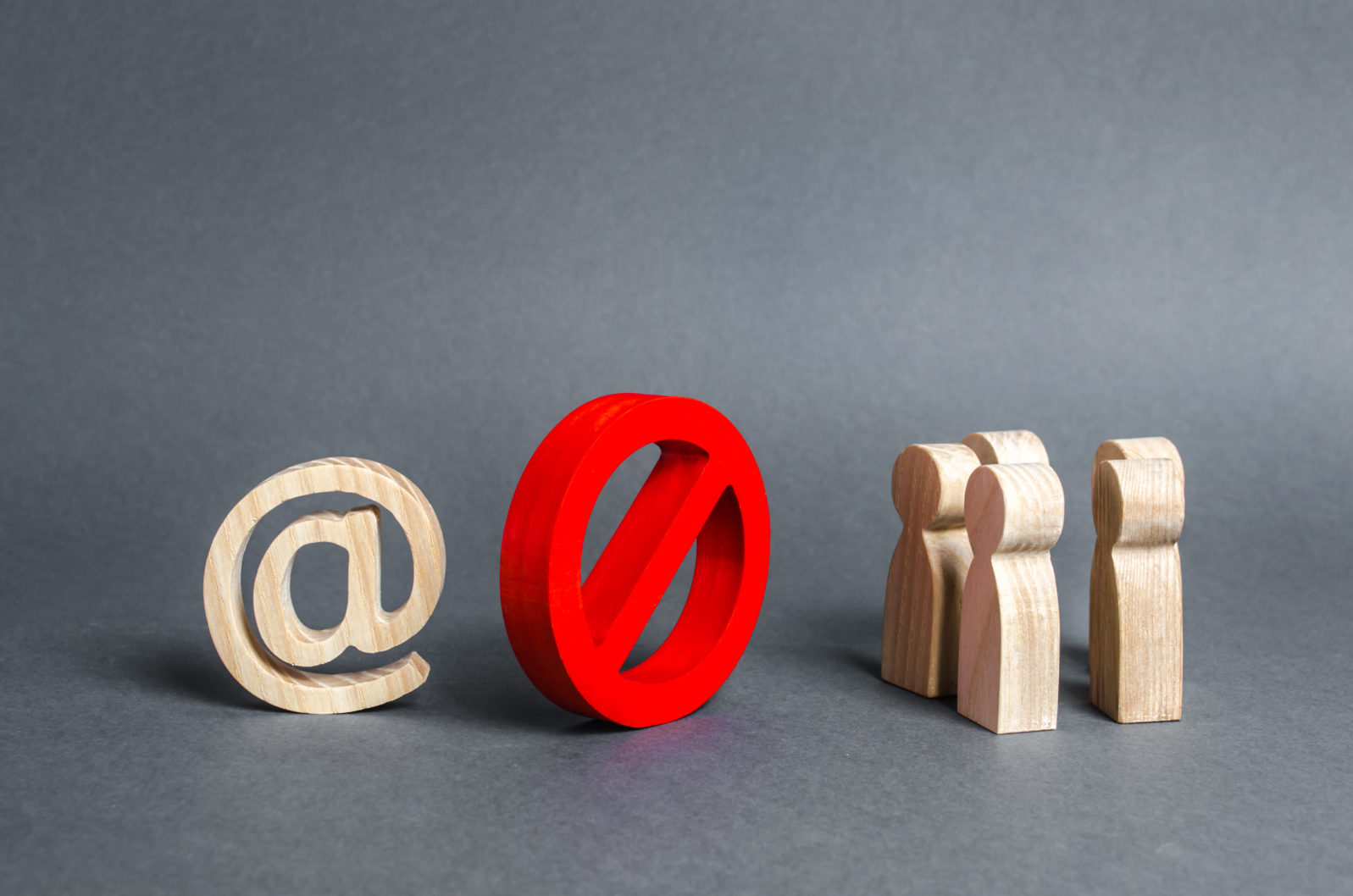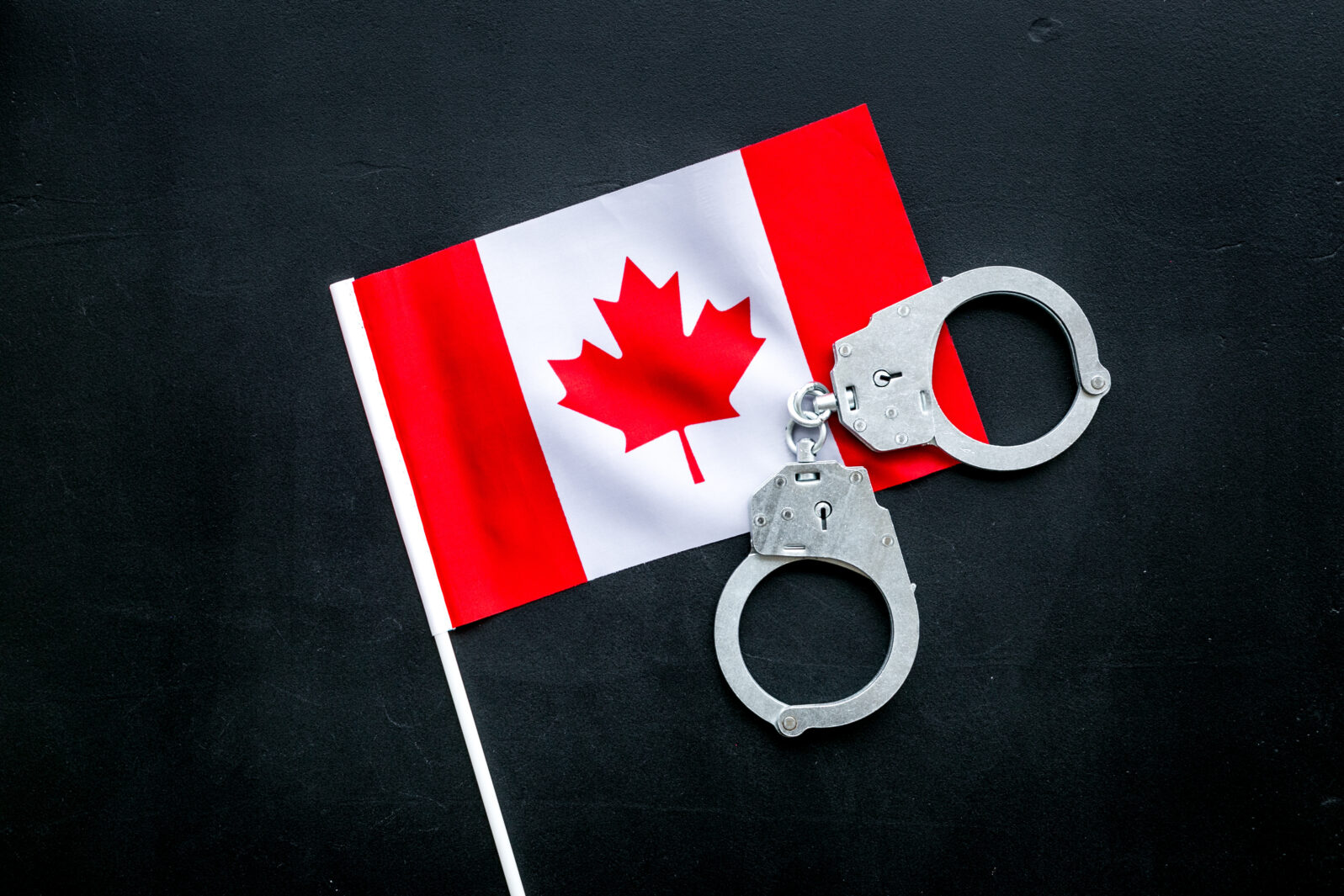Canada Prepares Harsh New Online Harms Bill to Fight “Hate”
Canada is a comparatively peaceful country, so onlookers might puzzle over the assumption that draconian measures are needed to fight poorly defined “hate.”Yesterday, I discussed the way in which Canadian government efforts to manage the news industry led to Canadians being restricted by Facebook from posting links to news media. Undeterred, the government now seeks to stamp out “hate”/“hate speech” in online media.
The Online Harms bill, C-63, if enacted as proposed, according to a veteran free speech journalist, provides that “victims of ‘hate speech’ could be compensated up to $20,000.” Also, “a new stand-alone hate crime offence would be added to the criminal code allowing for penalties of up to life imprisonment.” It also provides for house arrest for people who, it is feared, “may commit a hate crime in future.”

Related 2023 legislation (C-11) requires that all podcasters and streamers, including biggies like Netflix and YouTube, register with the government to enable regulatory control.
This would not be new territory for Trudeau, whose suppression of the internationally famous truckers’ Convoy included debanking and trampling of protestors by police horses.
Why Canada?
Canada is a comparatively peaceful country, so onlookers might understandably be puzzled by the assumption that such draconian measures are needed to fight such poorly defined concepts. Hate speech is, at bottom, simply speech the hearer hates.
Some background may help: Trudeau’s Liberal government has become quite unpopular after eight years. It’s noticeably less popular with young people than liberal governments usually are. Worse, Trudeau is facing off against an unusually popular Conservative Party leader, Pierre Poilievre.
Poilievre, unlike most Conservatives, knows how to play the media as a skilful adversary; the “apple” clip went viral internationally — a rare moment for anything that happens in Canadian politics (!).
Thus Poilievre has scored points off hostile media quite a few times. But there is something more to notice about these encounters. Generally speaking, the media personnel seem like easy targets. They are not only whiny or disruptive; they are often poorly prepared.
In the “apple” episode, for example, the journalist should have been able to give the names of Canadian notables who, he alleged, equated Poilievre with Donald Trump. When he couldn’t name a single one, Poilievre replied, “Well you must know someone; you’re the one who brought it up.”
Then, shortly afterward, Poilievre ran off with the interview, turning it into a campaign stop. Both lack of preparedness at a key moment and the evident, unprofessional hostility displayed by some journalists in other scrimmages with him signal a deep malaise in the profession.
I suspect that a decline in professionalism is one consequence of government support of media. Journalists whose income derives ultimately from government are bureaucrats, not news hounds, and, going forward, their coverage will demonstrate that.

Of course, the consequence most relevant to this discussion is that journalists will be much less hostile to government censorship in future. It won’t affect them because they will be increasingly unlikely to upset the apple cart themselves. Censorship will mainly be employed against their independent media rivals, news bloggers, news tweeters, and the like. Before too long, those independent sources will be the go-to venue for actual news about Canada.
What might change the picture in Canada?
Several things are likely to happen that may change this picture. In passing legislation like C-63, Trudeau is courting the most extreme portions of his progressive base, people for whom freedom of expression is a problem, not a promise. His new law probably wouldn’t survive a Constitutional challenge in its current form. In any event, a new government formed under Poilievre can amend or just drop it.
Poilievre has stated that his government will not support current schemes to save big legacy media at the expense of small ones. One proposal making the rounds among Conservatives is that the big media should become non-profit corporations. That way, they can fundraise legally and issue tax receipts to those who support their editorial objectives. But neither Facebook nor Google nor the Canadian taxpayer would be compelled to support them, regardless of their quality or editorial stances.
It’s bound to be an interesting time. What’s at stake is nothing less than freedom of information, something governments are never likely to be enthusiastic about.
Could it happen in the United States?
If American readers think, oh, this can’t happen in the United States, they should recall that legislation similar to C-18 (an effort to shake down Facebook and Google) narrowly missed adoption in 2023. And that schemes to control news media to counter “disinformation” are treated by trusted American institutions like the National Academy of Sciences as “science.”
In these times totalitarianism will only ever be an election cycle or two away in any country. That’s because, contrary to what was expected several decades ago, the digital world is very well adapted to it, as China is demonstrating. And we can probably count traditional big media right out of the game as defenders of intellectual freedom.
You may also wish to read: When government manages the news business: Canada tried that… Any comprehensive censorship regime requires that the government begin by managing the news business. Canadians lost the right to post news links to Facebook and Instagram. And, amid media layoffs, Google did not even give big media the sum they hoped for.
